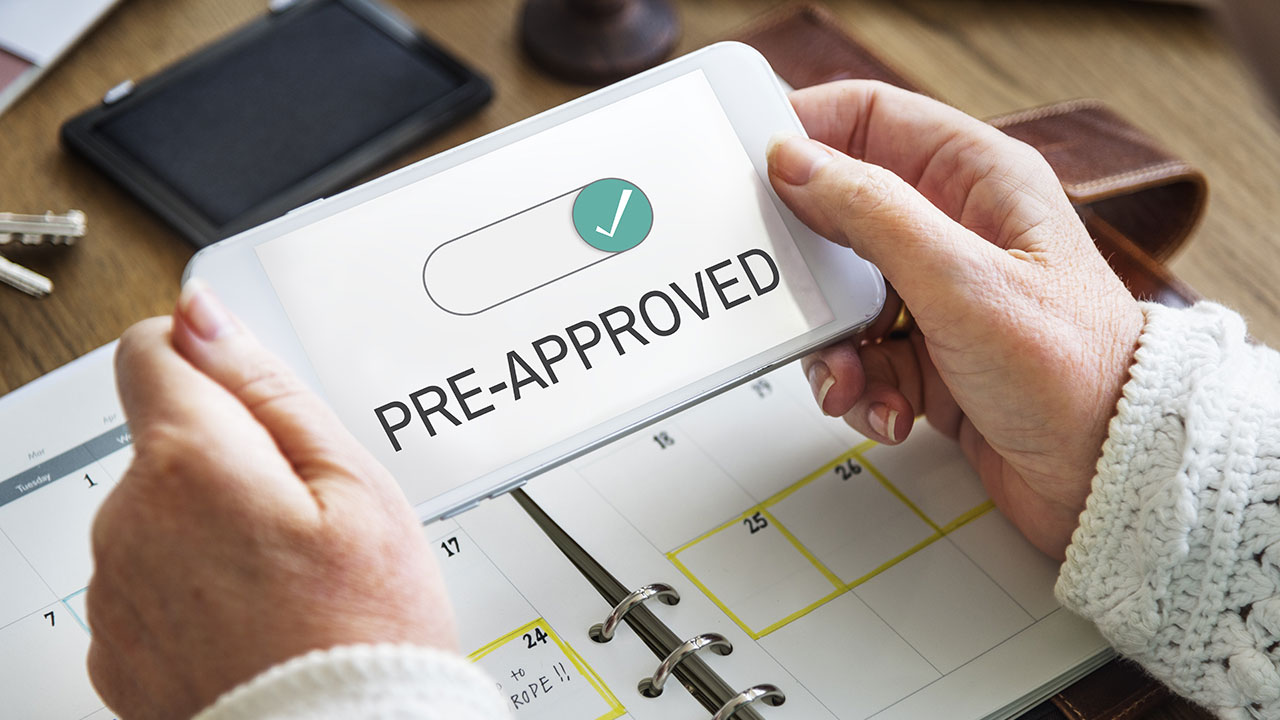
Real estate professionals will always advise their buyer clients to get pre-approved for a mortgage. Why? For a few reasons.
For starters, it will help you find out how much you can afford to spend on a new home, and will help your agent to narrow down the homes that fit within your budget. Being pre-approved also shows sellers that you’re serious about buying, which can put you one step ahead when they’re reviewing your offer.
But does being pre-approved for a mortgage mean you’re guaranteed to get approval after your offer has been accepted? Not necessarily. Only after offer acceptance does the real mortgage approval process start, and there are things that can happen which can lead to a denied mortgage application.
Changing Jobs
Your lender is basing their assessment of whether or not you make a good candidate for a specific type of mortgage based largely on your employment. If you suddenly switch jobs in the middle of your mortgage application process, you stand a really good chance of being denied a mortgage. Many times your lender will have to start over because a key detail of the application has completely changed.
Sometimes a change in employment is acceptable in certain cases if it’s within a similar field or just a different location. For instance, if you’re a dental assistant who just switched offices, many lenders may be fine with this change as long as there isn’t a significant difference in income. Having said that, it’s always best to wait for your mortgage to go through before making any changes in employment.
Buying Big-Ticket Items on Credit
One of the biggest factors that plays a role in whether or not you’ll be approved for a mortgage is your debt-to-income ratio. The more debt you have compared to your income, the lower the chances of being approved for a mortgage. Typically, the highest DTI ratio that lenders will accept is 43% before approving a borrower for a conventional mortgage.
If you take on more debt – such as buying a new car or purchasing new furniture for your home on credit – you’ll be skewing this number and make it harder for yourself to get approved. In the weeks after getting pre-approved for a mortgage and just prior to closing on your home, avoid making any major purchases. That includes taking out and running up a big balance on a new credit card, which could result in your lender re-examining your debt-to-income ratio and denying your mortgage application.
Low Appraisal
Most lenders want to make sure that the amount you agreed to pay for the home matches what it’s valued at according to current market conditions in your area. If the purchase price is well over the market value of the property, your lender might not agree to extend a home loan. If they do offer you a mortgage for more than what the home is worth, they put themselves at risk of being stuck with collateral that doesn’t adequately cover the loan amount given should you default on the mortgage.
That’s where an appraisal comes into the picture. Lenders will send out a professional appraisal to assess the value of the property before they agree to approve you for a mortgage. If the appraisal comes in low, there’s a good chance that the lender may not agree to approving you for a mortgage.
Receiving a Large Chunk of Money
It can be tough these days to come up with a large sum of money to be used for a down payment for a home purchase. Some buyers may ask family for some financial help in order for them to come up with a sizable amount, which is fine as long as it’s done the right way.
But if you start moving large sums of money around within your bank accounts, that could raise a red flag for your lender. Money laundering is a real issue, and the sudden influx of money into your account may look suspicious in the eyes of the underwriter who will really scrutinize your situation and application before approval.
The Bottom Line
You may be shocked to find out that you’ve been denied a mortgage after you’ve already been pre-approved for a home loan, but it’s certainly possible. Though a step in the right direction, pre-approvals are not equivalent to actual mortgage approvals after all is said and done. To minimize the odds of being rejected for a mortgage after agreeing to buy a home, make sure not to switch jobs in the meantime, take out additional lines of credit, or move large sums of money to and from your bank account.
Luckily, you have an experienced real estate agent by your side to help guide you along the way and help you make all the right moves while avoiding the wrong ones that could jeopardize your deal. Be sure to heed their advice.